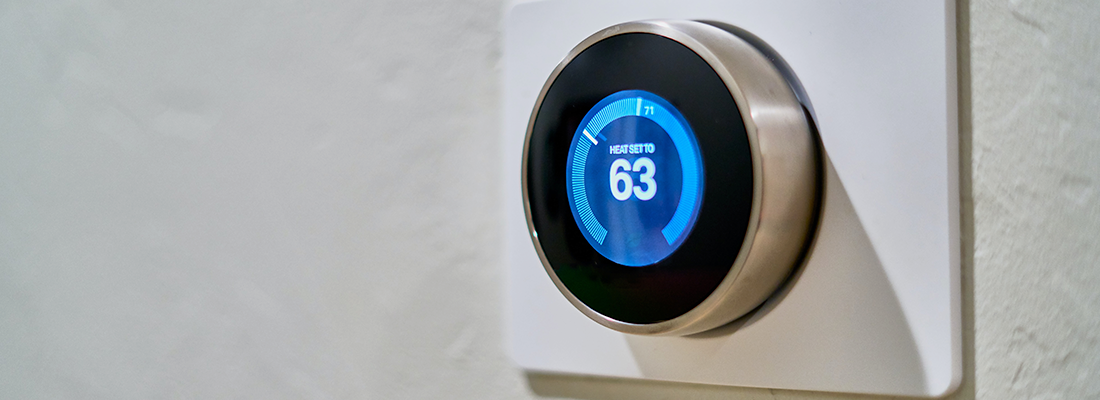
5 Ways IoT Devices Threaten Data and IT Security
IoT (Internet of Things) devices typically refers to non-standard computing devices that connect wirelessly to a network and have the ability to transmit data. This includes standard devices like laptops, smartphones, and tablets, but also includes traditionally “dumb” objects that have the ability to be remotely monitored and controlled. Examples include smart TVs, smart lightbulbs, smart speakers, smart appliances, and more.
The rapid evolution of IoT trends and technologies means more devices producing, storing, managing, and sharing data within a network or IT infrastructure. In a business organization’s IT infrastructure this adds many new risks to the landscape when it comes to cybersecurity, third-party risk, and compliance with data protection regulations.
Aside from the IoT device’s built-in vulnerabilities, it’s important to consider where and how these devices connect to your network, how they process data, and their user interface, in order to assess exactly what kind security threats they pose to your organization’s IT security.
1. Unauthorized Data Collection
IoT sensors and devices collect lots of specific data about its environment and the user. They may even store and share this sensitive data without the user’s knowledge or explicit permission. Compliance regulations for your organization’s industry most likely would require that any of this data collected without authorization be specifically protected or safe guarded by your IT Security services.
2. Backdoor Entry for Cybercriminals
If any one IoT device is not fully secured, a cybercriminal can easily access your network and launch a cyber attack on your organization. Most IoT device traffic is unencrypted, and many devices are venerable o medium or high-severity attacks. Leaving these devices unsecured is unacceptable under any data protection regulation and should be immediately addressed and resolved. Talk to your IT security services today to learn how you can ensure your IoT devices are secured and the data they collect is fully protected against cybercriminals.
3. Single Security Policy
IoT ecosystems are complex and thus add to the complexity of your organization’s entire IT network as well. Each device is unique and your combination of devices is also unique, therefore there is no “one size fits all” security policy to implement for IoT devices. Your managed IT Security services will need to create a custom policy for your organization’s specific IoT devices and IT protection needs.
4. Inability to Train Everyone on IoT Security
While security awareness training is a powerful way to prevent and lower the impact of cyberattacks, there will always be a lack of broad universal knowledge and awareness about IoT at the user level. This also poses a threat to any data collected or shared by IoT devices. Compliance regulations consider security awareness training to be a vital part of security protection, so without it, your business could be violating your security compliance regulations.
5. Threat to Privacy
In addition to threatening your organization’s sensitive data, IoT devices also threaten the privacy of both your clients and their customers. Every piece of data these devices collect from clients and customers is vulnerable. It’s your organization’s responsibility to protect their data and privacy by securing these IoT devices. If not, you will likely be penalized for non-compliance with privacy policies and regulations.
IT Security for Your IoT Devices
Even though universal regulatory requirements for IoT devices does not yet exist, don’t assume that the risks posed by these devices aren’t already on the radar of regulators worldwide. Not only is this an issue of cybersecurity, but also of compliance. With Tech Seven as your IT Security Service provider, we’ll be able to help you secure your IoT devices from a cybersecurity standpoint as well as from a compliance standpoint. Our compliance process automation platform can help to detect IoT risk levels. We’ll be able to help you prevent IoT related risks and make sure your devices are compliant to all regulations, as well as your cyber insurance policy. Contact us today to learn more about securing your IoT devices.
